Engaging and Education Young-Adult Cannabis 2.0 Consumers
Funder: NSERC
Program: CCSIF
Researcher: Daniel Bear, Faculty of Social & Community Services
Humber College will conduct a mixed methods, three phase project over the course of three years that will engage and educate young-adult cannabis users (18-30), the age group most likely to consume cannabis, and the age group most likely to consume cannabis on a daily or near daily basis. By targeting this age group we hope to impact long-term cannabis consumption practices, thereby having the best potential for improving public health and wellbeing outcomes for decades to come. In Phase One we will gather the data necessary to understand what new public education materials need to be developed by conducting an online survey and a series of focus groups across the country. In Phase Two, we will work with Humber College advertising students, or partner organizations, and cannabis consumers to develop new public education materials focused on effectively engaging consumers with harm reduction information about cannabis 2.0 products. In Phase Three, we will launch the new materials, and being an evaluation of their efficacy before updating the materials to respond to any shortcomings identified in our evaluation. Our partners on this project include the Association of Canadian Cannabis Retailers (ACCRES), the National Institute of Cannabis Health and Education (NICHE), Canadian Students for Sensible Drug Policy (CSSDP), and Aurora Cannabis Inc.

